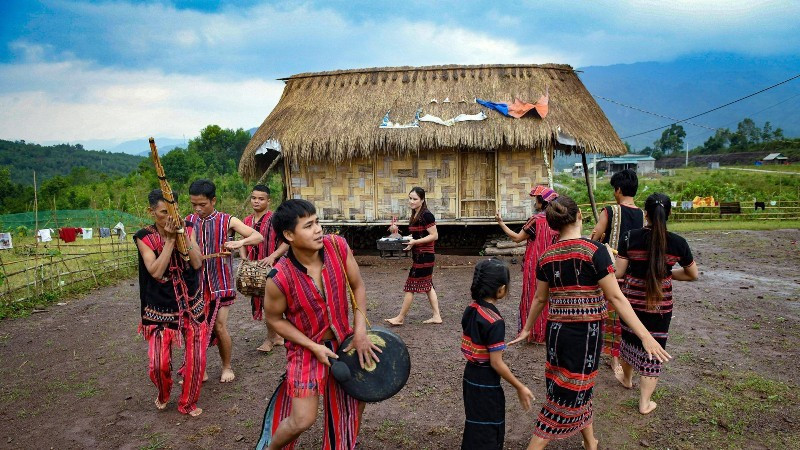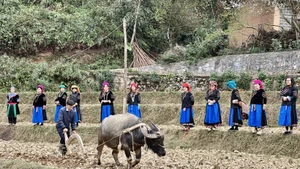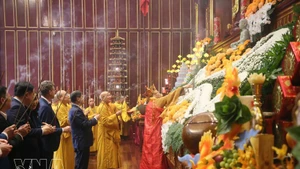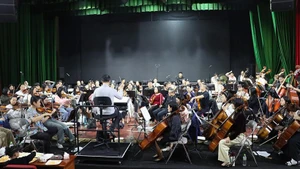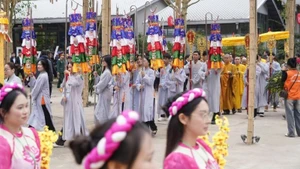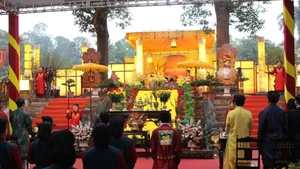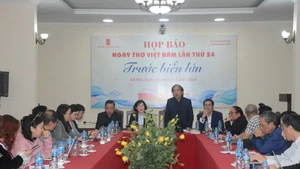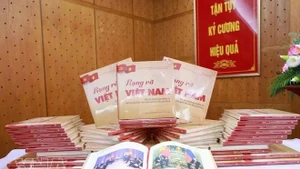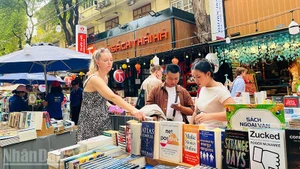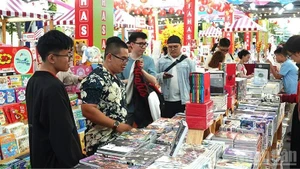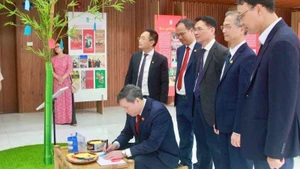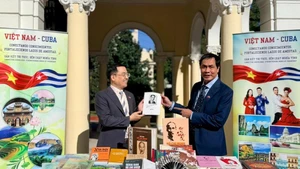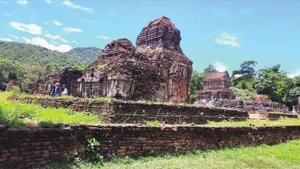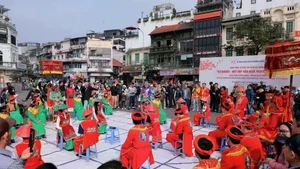Ho Van Doi, a young man of the Ta Oi ethnic group, was born in the border village of A Sap, A Luoi 3 commune, Hue city, one of the most remote and challenging areas in Central Viet Nam.
Raised in a family of eight siblings with limited means - where maize and rice harvests depended heavily on the weather - attending school required immense effort and determination. Doi believed education was the key to breaking the cycle of poverty.
In 2020, he left his village to study in Ha Noi at the Viet Nam Academy of Ethnic Minorities (under the Ministry of Ethnic and Religious Affairs), driven by a thirst for knowledge and a deep love for the cultural identity of the Ta Oi people.
With support from teachers and peers, Doi gradually gained confidence and became actively involved in school and community initiatives.
The group's events not only honour ancestral heritage but also inspire pride and a sense of responsibility among young people to preserve and promote ethnic cultures far and wide.
Passionate about traditional culture and eager to connect with other ethnic groups, he and his friends founded the “Community of 54 Vietnamese Ethnic Groups” in March 2023. The group has since grown into a vibrant community of nearly 2,000 members.
Their activities include events introducing Mong New Year celebrations, cultural performances, brocade weaving workshops, and seminars on traditional costumes and cuisine. These events not only honour ancestral heritage but also inspire pride and a sense of responsibility among young people to preserve and promote ethnic cultures far and wide.
“I was surprised that many of my classmates had never heard of the Ta Oi ethnic group. That motivated me to share our heritage. This is a journey of connection and storytelling, where each young person becomes part of the vibrant mosaic of ethnic cultures,” Doi shared.
For his dedication, Doi has received several accolades, including the Vu A Dinh Prize and the title “Bright Example of the Village” in 2024.
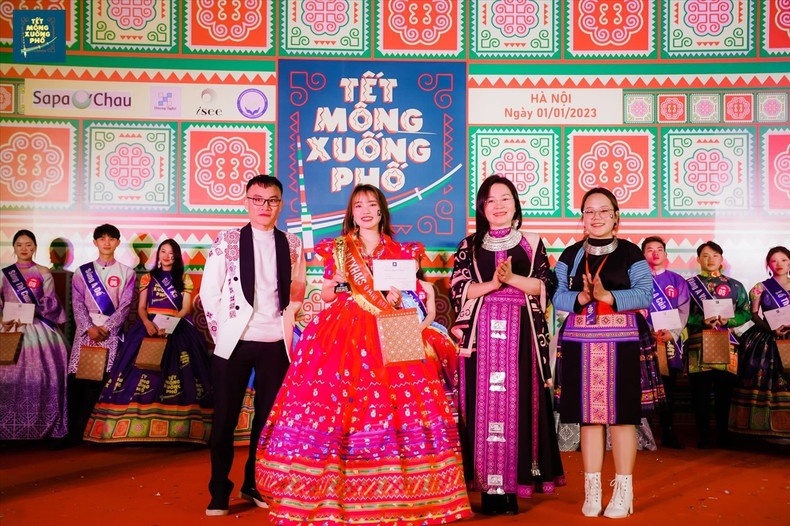
In Pieng Hom village, Nam Can border commune in Nghe An province, the Thai ethnic community primarily relies on cultivation for their livelihood. Kha Van Thuong, a native of the village and a student at the Faculty of Information Technology, Ha Noi National University of Technology, is another young advocate for cultural preservation.
Thuong serves as president of the “Community of Thai Ethnic Students in Ha Noi”, established in 2018 to preserve traditional art forms of the Thai ethnic group.
“Despite limited funding, our group continues to organise cultural activities and exchanges across various regions. Members come from diverse backgrounds, yet we unite to help ethnic minority youth build confidence and contribute to preserving our cultural heritage,” Thuong said.
With passion and resilience, these young ethnic individuals are pioneering efforts to share their unique cultural values with audiences both at home and abroad.
Tran Quoc Hung, a lecturer at the Viet Nam Academy of Ethnic Minorities, praised the efforts of ethnic minority youth in Ha Noi, noting their active role in showcasing traditional culture and fostering connections among ethnic groups.
He highlighted their adept use of social media, digital tools, and cultural events to adapt to modern life—ensuring that traditional culture is not only preserved but revitalised.
With passion and resilience, these young individuals are pioneering efforts to share their unique cultural values with audiences both at home and abroad.
Hung also emphasised that preserving identity in today’s world requires courage and confidence from the youth, alongside timely and sustainable support from communities, educational institutions, and relevant agencies.
